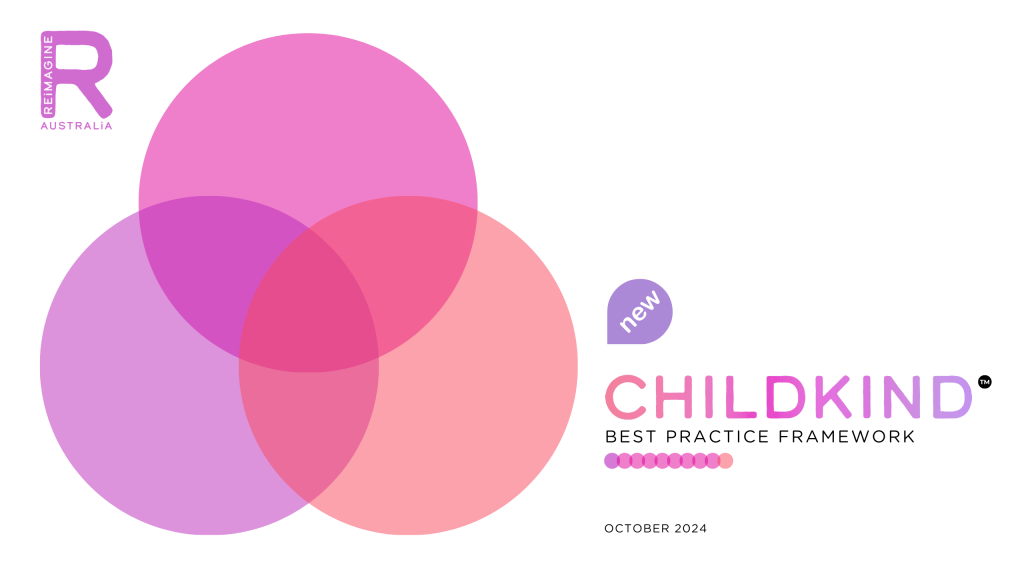KEY COMPETENCY 8.1 – LEARN AND GROW
“I will commit to continuous learning and professional development to better support.”
Lifelong Learning is the first competency under the ‘Learn and Grow’ Way of Working, and relates to the ‘design and delivery of services and supports‘ phase of the child’s early developmental support journey. It is important for:
Continuous Improvement: Embracing lifelong learning enables practitioners to stay updated on the latest research, methodologies, and best practices, enhancing the quality of support provided.
Adaptability: Practitioners equipped with ongoing education can adapt their approaches to meet evolving needs in the field, ensuring relevant and effective interventions.
Professional Development: Fosters personal and professional growth, encouraging practitioners to refine their skills and knowledge throughout their careers.
Enhanced Outcomes: Through continuous learning, practitioners ultimately contribute to better developmental outcomes for children with disabilities.
Lifelong learning involves an ongoing commitment to professional development, acquiring new knowledge, and refining skills to better support children and families. It ensures that practitioners stay up-to-date with the latest research, policies, and practices in early childhood education and intervention.
Research highlights the importance of ongoing professional development in ensuring that early childhood practitioners remain responsive to changes in policy and practice. The Australian Government’s Early Childhood Education Workforce Strategy (2021) emphasises life-long learning as essential for maintaining high standards of care and education.
Research and Further Reading:
Page, J. and Eadie, P. (2019) ‘Coaching for continuous improvement in collaborative, interdisciplinary early childhood teams’, Australasian Journal of Early Childhood, 44(3), pp. 270–284. doi:10.1177/1836939119855542.
COMPETENCY MILESTONES
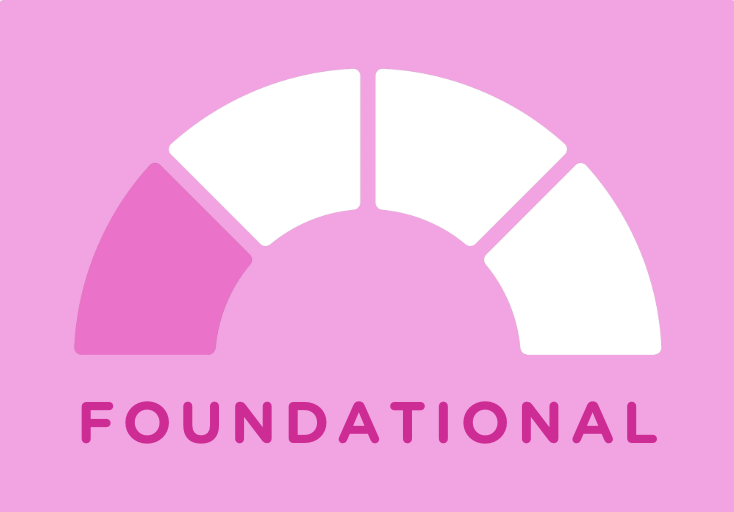
I am able to:
Demonstrate awareness of the historical context and evolution of disability support systems and implicit biases.
Engage in self-reflection and seek opportunities for personal growth and learning.
Recognise the impact of personal biases on interactions with individuals and families in the support context.
Demonstrate active participation in learning and development activities under supervision and seek guidance to build knowledge and skills.
Collaborate with peers and mentors to explore and address personal biases and promote inclusive practice.
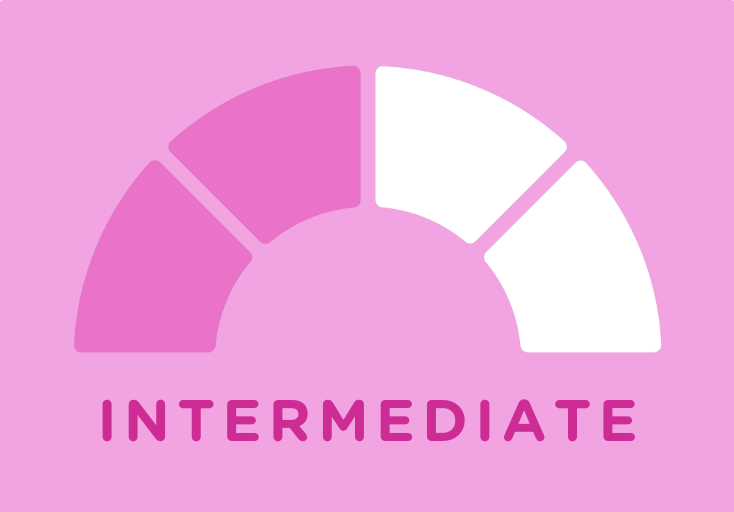
I am able to:
Actively engage in ongoing learning and professional development to deepen understanding of disability support history and contemporary issues.
Integrate self-reflection practices to enhance cultural competence and mitigate bias in support delivery.
Engage in targeted professional development opportunities, apply new knowledge to practice, and reflect on learning experiences to improve performance.
Actively work with peers and mentors to identify and address personal biases, implementing strategies to enhance inclusive practices within your work environment.
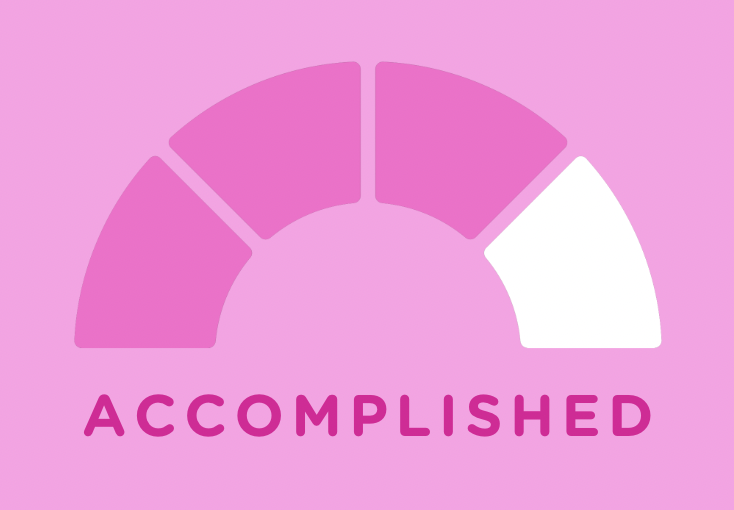
I am able to:
Lead personal development initiatives, driving continuous learning and reflection to refine support practices and cultural competence.
Advocate for systemic changes and policies that promote diversity, equity, and inclusion within the disability support sector.
Display professional ethics and values, promoting a culture of respect and understanding.
Independently identify and pursue advanced learning opportunities, integrate new insights into practice, and contribute to the professional development of peers.
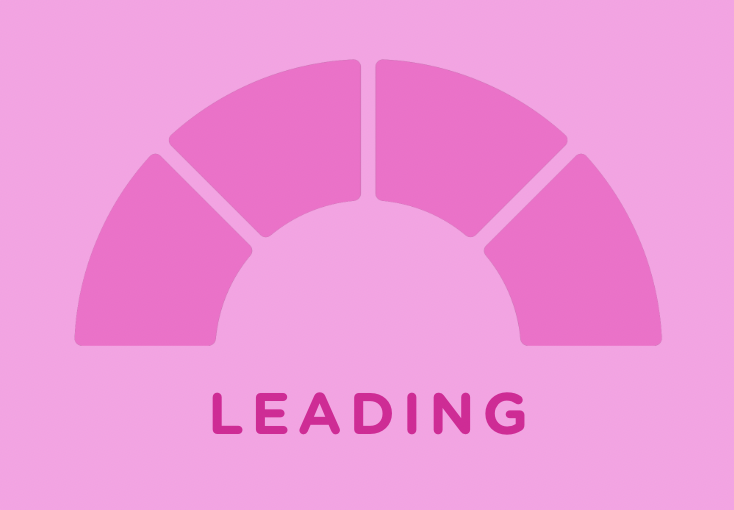
I am able to:
Innovate professional development frameworks and initiatives that foster a culture of lifelong learning and self-awareness.
Influence sector-wide policies and practices to eliminate systemic biases and promote equitable support environments.
Collaborate with stakeholders to advance inclusive practices and drive positive outcomes for individuals and families in the disability support sector.
Lead and shape professional development initiatives, mentor others in their learning journeys, and drive innovation by staying at the forefront of research and best practices in early childhood intervention.
Reflection questions are a valuable tool for practitioners, promoting self-awareness, critical thinking, continuous improvement, and stronger relationships in their work with children and families. Below are some reflection questions for Key Competency 8.1: Lifelong Learning:
How do I actively seek out learning opportunities that will improve my practice?
What new knowledge have I recently gained that has influenced my approach to supporting children and families?
How am I applying this learning in my everyday work?
Lifelong learning is not optional—it’s essential for practitioners to provide the highest standard of care and support to children and families.
(Fenech et al., 2020, p. 105).
Access more information on the ChildKind Best Practice Framework with its 10 Ways of Working, 30 Key Competencies and 8 supporting Values and Behaviours here:
